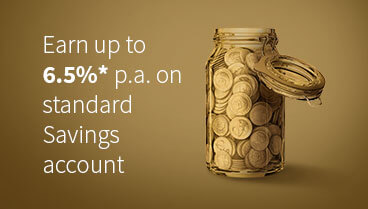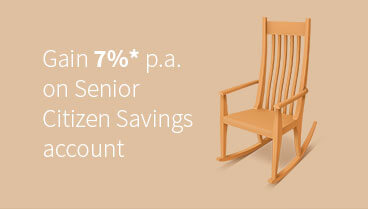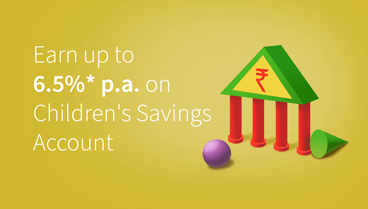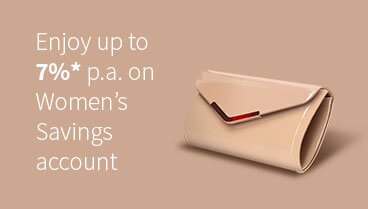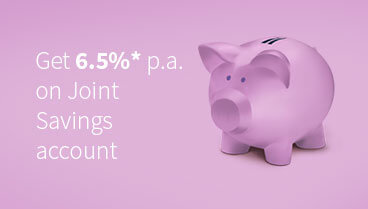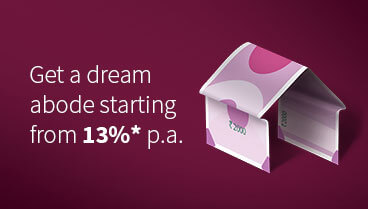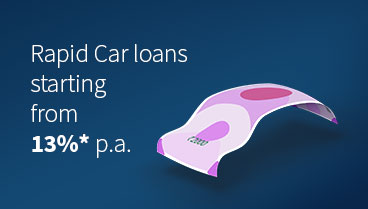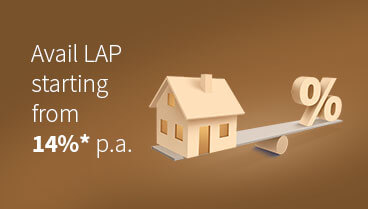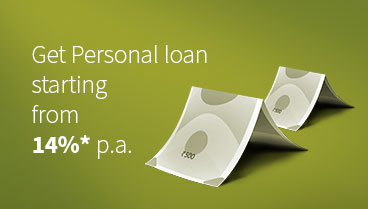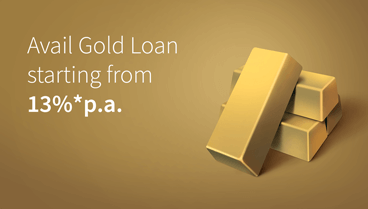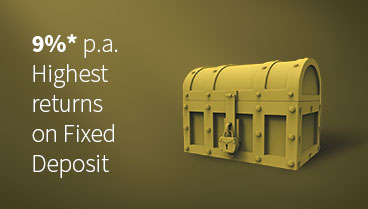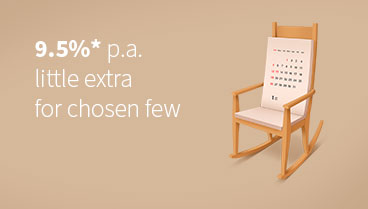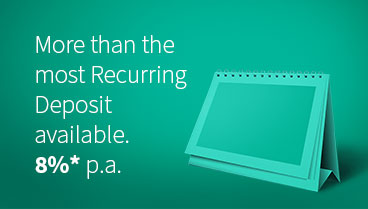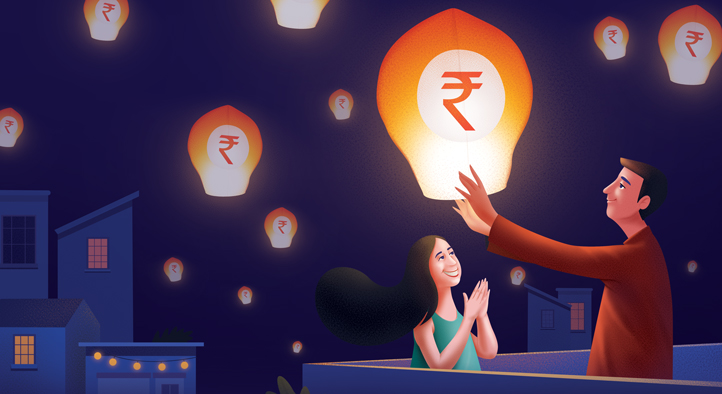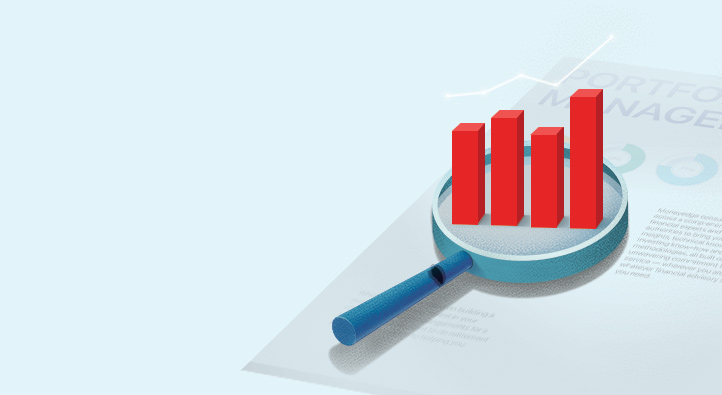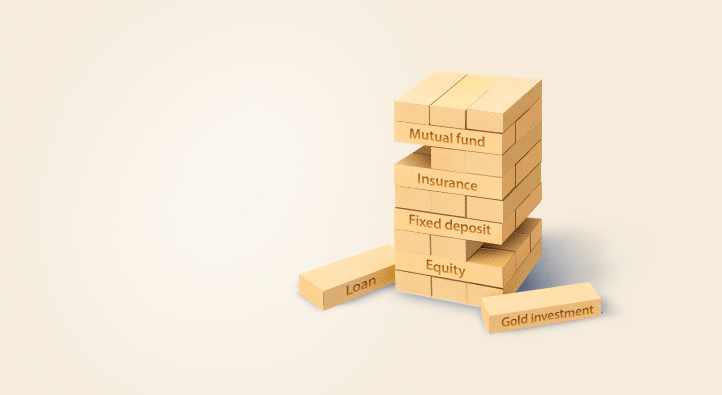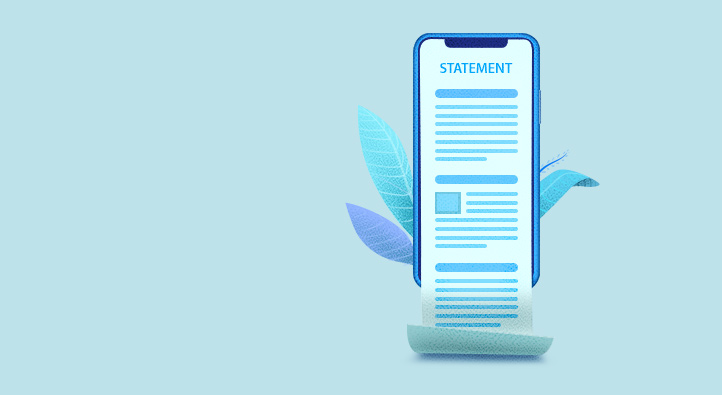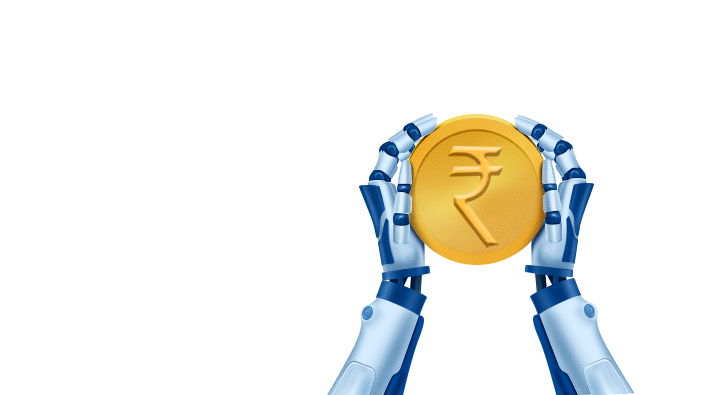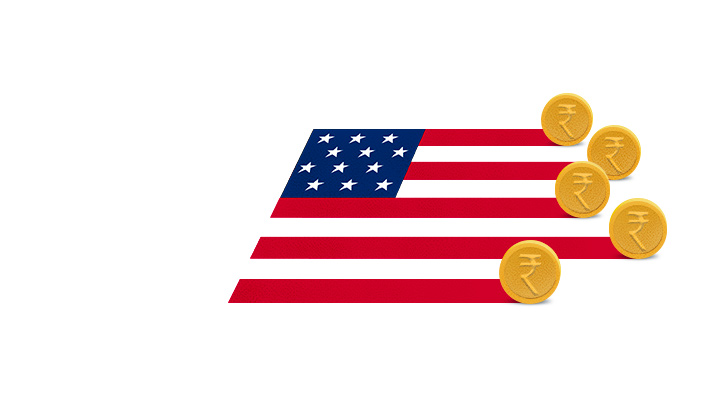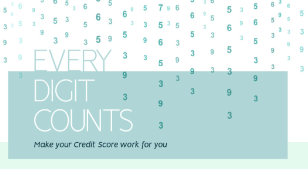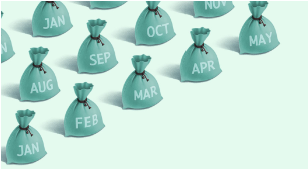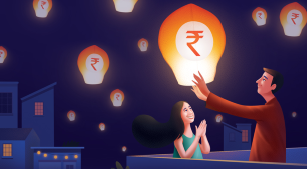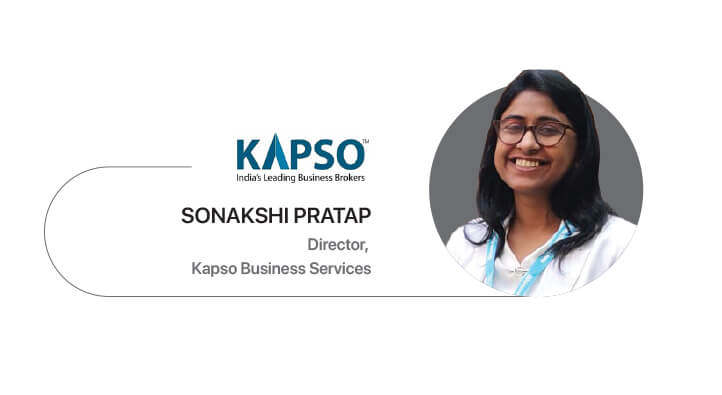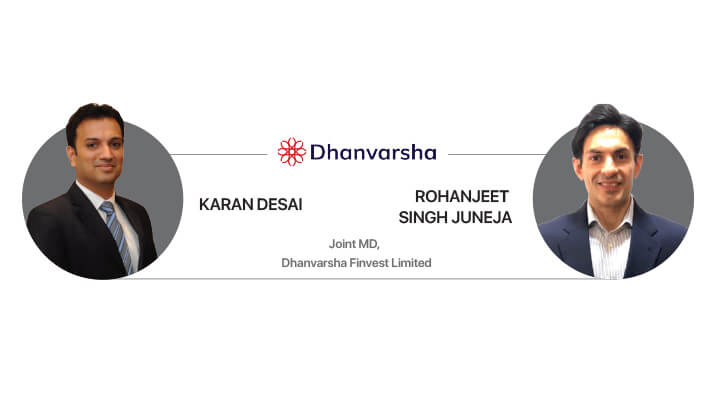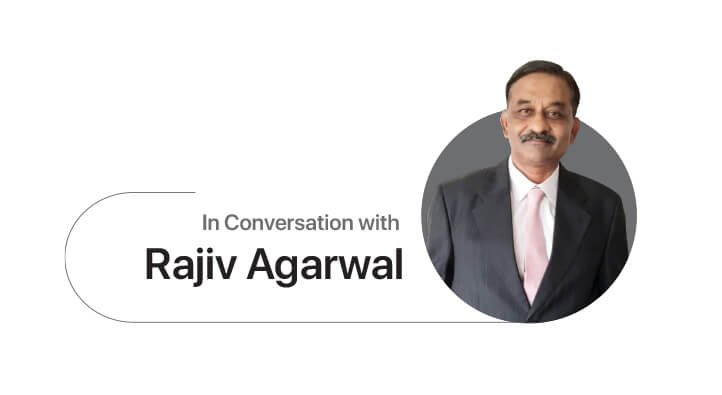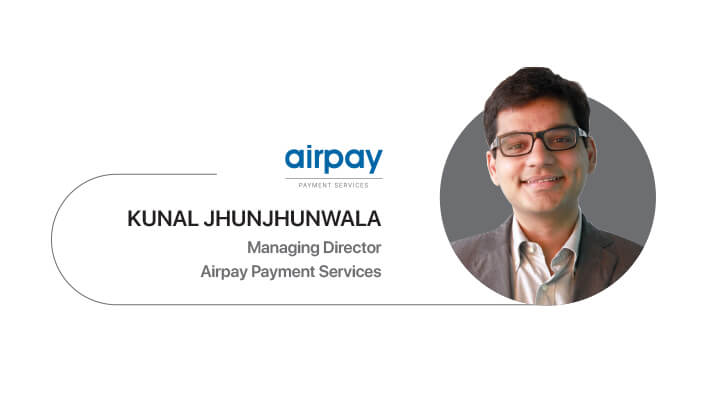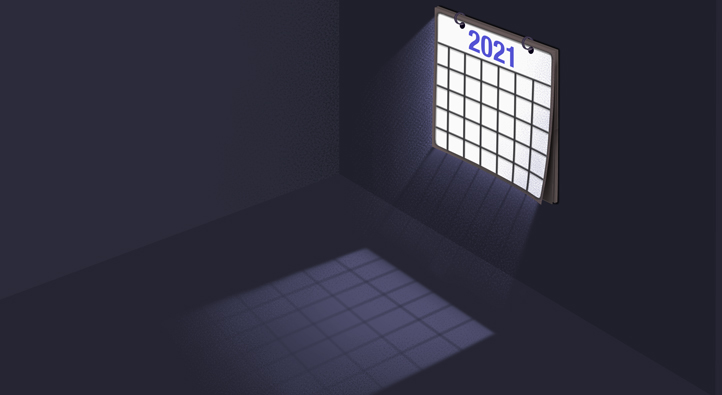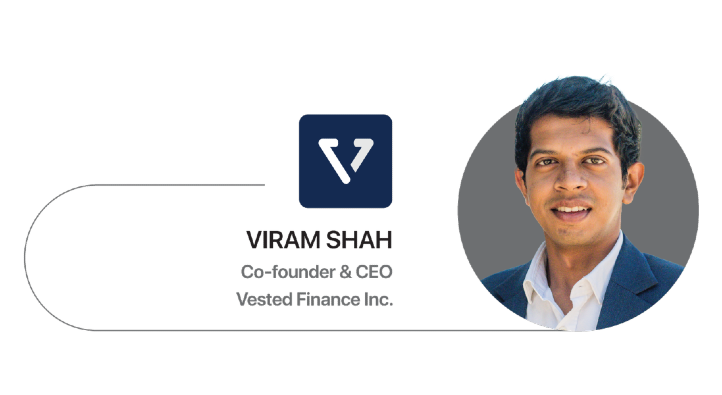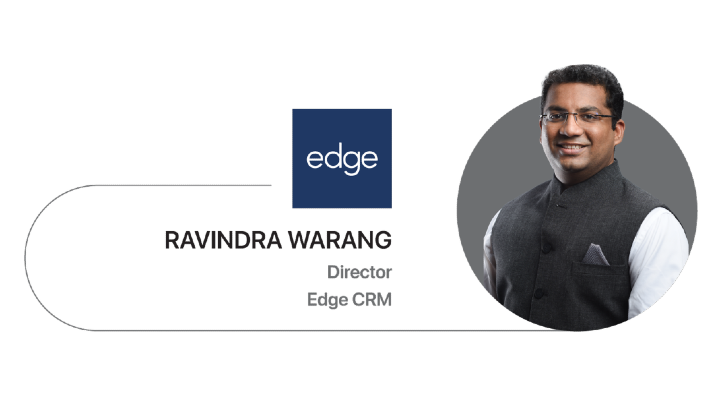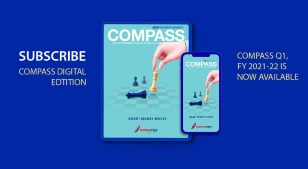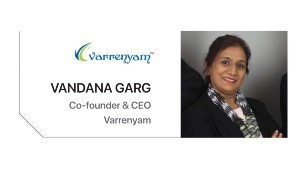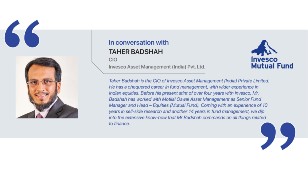Know Your Banking Needs and Know Your Bank
Apart from being a safe custodian for your money, a bank also offers you benefits like access to credit, services like internet banking and plastic money, and helps you track your incomes
and expenses through statement updates. Good banking practices helps you in your saving propensity and wealth management. So the sooner you adopt them, the more organised your future becomes. Here we take a look at why and how banking services can make your finances simpler
- Apart from a savings account, you can also choose to
invest in a fixed deposit (FD) or a recurring deposit (RD), or open a current account for your business
- Using bank facilities like netbanking and debit cards, you can make transactions from the comfort of your home,and make various purchases/transactions without using physical cash
- You can also have access to several government schemes through your bank account.Bank transactions are transparent and traceable. Your bank passbook helps you keep track of your earnings and expenditures. This comes in handy while filing your income tax (I-T) returns.Banks play a very important role in the economy and are,therefore, regulated by the government and the RBI, which provide a safety net to customers.
Choosing a bank
Try to keep in mind what your needs and purposes are, and choose the bank that works best for you.
- Try to choose one near where you live or work; not only
will it be easily accessible, doing transactions in your
home branch would be simpler. Also, check the number of
branches and ATMs of the bank in the place you live in.
- Banks require you to maintain a minimum average
monthly/quarterly balance in your account, which varies
from bank to bank. Choose a bank whose minimum
balance works for you. If you don't wish to maintain a
compulsory minimum average balance, you can open a
zero-balance savings account; so lookout for a bank that
offers this facility.
- Almost all banks offer internet banking. Net banking
makes life easier for the customer, so check which bank
gives you the most convenient and useful net banking
features. Check if your bank offers a phone app that you
are comfortable using.
- Before opening an account, find out what interest rates
and services different banks are offering. You should
avoid paying too much for services and avoid earning a
lower interest against your deposits.
- Banks charge fees for various services and products. You
should check what kind of fees you will end up paying,
and compare benefits versus fees. While opening your
account, it is important to read the fine print carefully.
- To draw in customers, most banks offer attractive debit
card schemes. Look at which bank gives you the best deal.
Why having a bank account is essential?
While a savings bank account may not offer you as high an
interest rate as many other forms of investment, it gives you
financial safety and quick and easy access to your savings.
You can withdraw from your account whenever you need.
Moreover, your bank would give you added benefits like a debit
card, cheque facility, netbanking, mobile banking etc. You can
also send remittances to your friends or family. Moreover, you
can also choose a nominee for your account.
Asset Products
Apart from your savings account, you can also put your money
into other instruments that your bank would offer. FDs and
RDs would give you a higher rate of interest than a savings
account. In the case of an FD, you will have to deposit an
amount for a fixed time. On the other hand, in an RD, you will
be depositing small amounts regularly over a period. An FD
would work for you better if you wish to invest a lump sum at
one go, while an RD would be a better option if you wish to
invest small amounts after fixed periods, say monthly
While a savings bank account may not offer you as high an
interest rate as many other forms of investment, it gives you
financial safety and quick and easy access to your savings.
You can withdraw from your account whenever you need.
Moreover, your bank would give you added benefits like a debit
card, cheque facility, netbanking, mobile banking etc. You can
also send remittances to your friends or family. Moreover, you
can also choose a nominee for your account.
Liability Products
Lending is one of the primary functions of a bank. As such, a wide array of loans are on offer from banks today. Here's a look at some of the popular ones
- Most banks offer personal loans to their customers. You
can avail of such loans to make purchases which you
might otherwise find difficult to finance, like buying a
home appliance or to paying off dues or even to finance
that holiday you have been waiting for. To avail such a
loan, your bank will ask you for certain documents like
proof of your income and assets. This type of loans has
comparatively higher interest rates but generally doesn't
require collateral.
- Car/two-wheeler loans are popular loan products. You
can get such a loan from your bank or any other bank.
Ensure that you compare the loans offered by various
banks. A good credit score helps while availing of such
loans, so do try to maintain a good credit score
- House loans are a popular form of a secured loan – i.e.
they require collateral. To buy a property, you will have to
make a down payment, generally 20% of its value. The
rest is financed through the bank loan. Among the
prerequisites that the bank will look at to approve your
loan are your income, the stability of your income and your
liabilities, among other factors.
- If you want to pursue higher studies but are finding it hard
to finance it, you can also turn to a bank. As a student and
borrower, you will need a co-applicant – like a parent,
grandparent or sibling – and you can apply for a loan to
study in India or abroad. Such a loan can be taken to
finance a part-time, full-time or vocational course, and
you will have to repay the loan upon completing your
course.
Documents to get you started
If you have made up your mind, visit the bank of your choice with these documents - Address and identity proof (Aadhaar or PAN card, voter ID and passport are among the accepted documents); latest passport-sized photos; a duly-filled account-opening form that you can download from the bank's website or one of its branches.
With a trusted banking partner, you are now ready to take the reins of your financial future in your hands.

